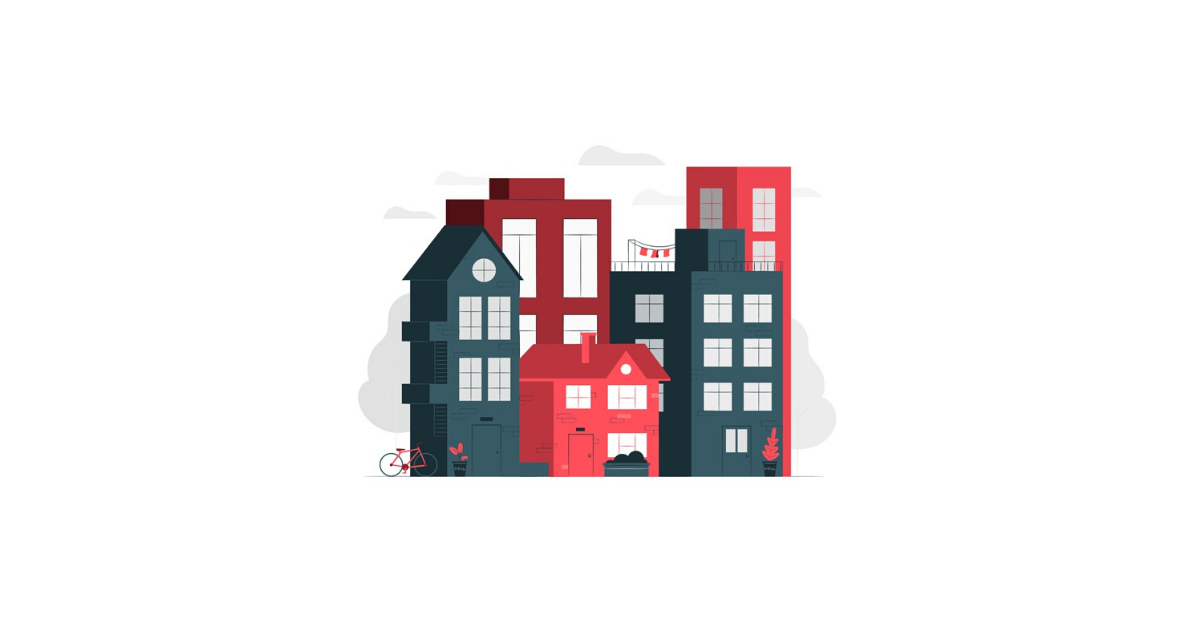Reading time: 4 min.
When you are looking for a dependable way to build wealth, real estate is one of the best ways you can find. Real estate is a thriving industry that will continue to be successful for years to come. After all, we would always need land and buildings to live or for other activities. This is why property investing can never fizzle out. Real estate might be a booming industry but property investment and making money from it are not an easy feat. Real estate is broad and presents a lot of options including types of properties and investment strategies. One such type of property in real estate is commercial property. In this article, we will explore the commercial property and provide the solid information you need to become knowledgeable about this.
What is a commercial property?
Quite simply, commercial property refers to any property intended or already in use for commercial purposes. Commercial property or commercial real estate includes any building or land that will be used to make money or incur a profit. These include residential rental buildings and commercial buildings. The reason the commercial property is designated so is that the use of the property for commercial purposes influences its tax treatment and other laws that apply to it.
Types of commercial real estate?
Following the definition of commercial real estate, it may be easy to guess what the types of commercial properties are. But regardless, here are the types of commercial real estate.
- Offices – An office is the most common type of commercial real estate, and such buildings can be in any structure from skyscrapers to single-tenant spaces. It is further categorized into three; Class A, Class B, Class C.
Class A buildings are the most prestigious or high-valued on the real estate market. They are strategically placed in prime locations and outfitted with the best amenities. Class A buildings are often managed by property management companies of equally high standards.
Class B comprises mostly older buildings. These buildings have remained properly managed, needing only minor repairs at any time. Class B buildings are never as high priced as Class A. They are major targets for investors.
Class C, as you might already have predicted, is the lowest group of them all. It includes buildings or property that are poorly located, require a lot of money to redevelop, often vacant, and so on.
- Retail – Retail buildings are a big part of commercial buildings. They are literally everywhere. These properties include malls, restaurants, banks, community centers, and so on. They range from single to multi-tenanted or stand-alone buildings.
- Industrial properties – These type of commercial real estate refers to properties like warehouses, distribution centers, manufacturing spaces, research and development spaces, storage, and product assembly spaces. They are often located away from busy areas and mostly along transportation routes. Industrial properties are built to suit a specific need, which often makes them difficult to reuse or reoccupy without significant changes and investment.
- Multifamily Complex – This includes larger buildings or rather buildings with more than one unit. Examples are apartment complexes and high-rise condominium units.
- Special purpose – These are properties owned by commercial property investors and used for special purposes like a church, school, amusement park, and more.

Benefits of commercial real estate
Commercial properties or investment in this area offer impressive benefits. The most important benefits are continuous cash flow and high income. Commercial real estate has better ROI and the steady flow of income is due to long lease periods, lots of available units, and most expenses like taxes, insurance, and maintenance are covered by the tenants.
Another benefit is the reduced competition. Investing in commercial properties are often thought to be difficult and demanding. Hence, this sector is hardly saturated. Also, since some commercial properties are leased to companies or organizations, high maintenance that helps to preserve the building is carried out by them.
Risks of commercial real estate
As great as commercial property investment sounds, it is not without its downsides and risks you must be willing to take.
For starters, the initial cost required to own and run a commercial property can be staggering. Even when you do take this risk, and the business or investment takes off, there is always that high possibility that anything can go wrong. For example, a large bill can come up or roofing repairs or something else. You will be expected to foot the bills and if your costs outweigh your profit, then you are making losses and not profit.
You have to invest your time and consider hiring a property manager. You can’t be the landlord that doesn’t regularly oversee his property. Doing that can lead to problems with the maintenance of the property and the conduct of tenants.
You would also have to consider hiring a property manager for a significant percentage.

Calculating ROI
The factors that affect your calculations on ROI for a commercial property includes costs when you become a landlord, insurance, maintenance costs, charging and letting agency fees, and so on.
Knowing all this helps you do the math. The ROI is the new rental income divided by the property’s value.
Tips for investing in commercial property
To avoid mistakes and get your investment done properly, here are tips for investing in commercial real estate:
- Access the suitability of what you are going to do.
As a landlord, you quickly learn to prepare for those unexpected occurrences that may threaten your investment. To avoid the worst of them, always check with the town planning to be sure that there are no surprises waiting like a sudden notification about the ‘noise’ coming from your building.
- Assess all the risks
Don’t walk in with unrealistic expectations. Find out all you can about the risks involved. For example, what if a tenant does not renew their contract? Or something else. Be properly informed to help you tackle these issues as they come.
- Protect your asset
Protection like insurance and a lawyer to consult with are vital. What happens when the building is burned down or there is a lawsuit?
In conclusion, commercial real estate has a lot to offer as long as you can deal with the risks like many investors and property owners already do.
Interested in investing in real estate? Start here: https://crowdestate.eu/en/home.


